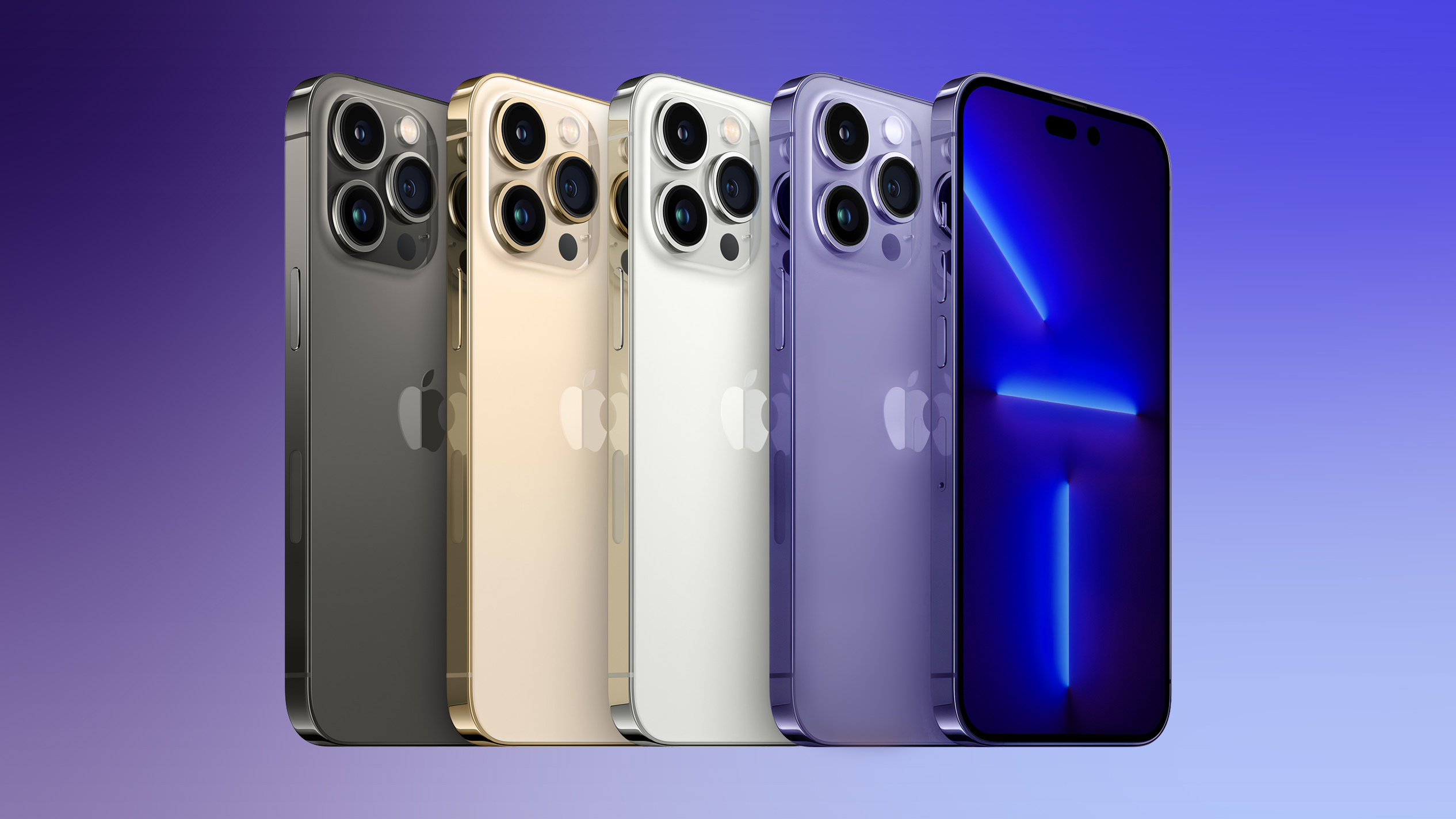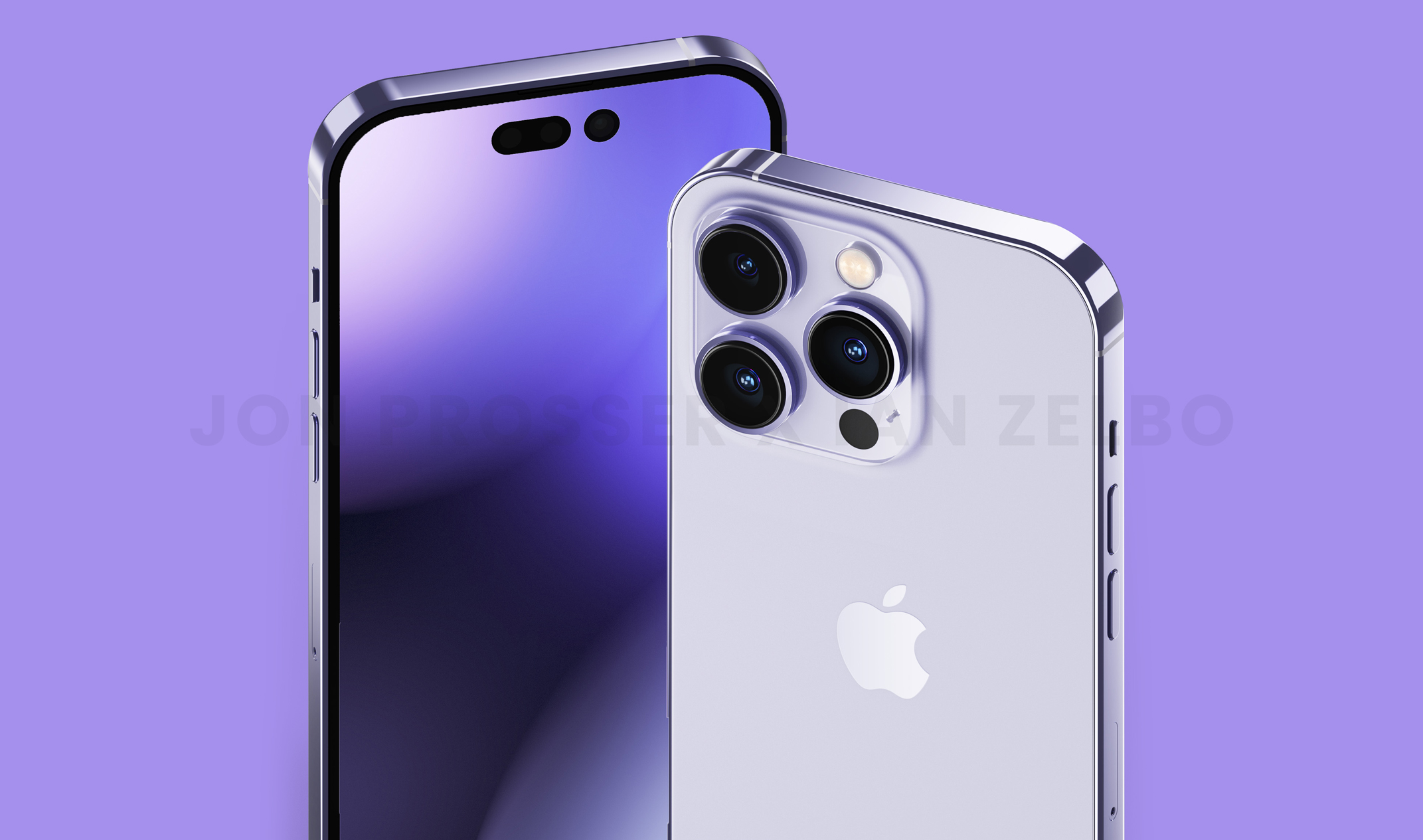
Apple is expected to make its latest A16 processor exclusive to the Pro models in the iPhone 14 lineup, and that diversification strategy is set to become an annual trend in future iPhone series, according to a new report from analyst Ming-Chi Kuo.

Earlier this year, Kuo said only the iPhone 14 Pro models will feature an A16 chip, with the standard iPhone 14 and iPhone 14 Max models to remain equipped with an A15 chip.
The prediction was intriguing for two reasons. First, Apple has always used the same chip across iPhone models in the same series. Second, the last time Apple re-used a previous-generation processor in a new iPhone was the original iPhone and the iPhone 3G, both of which used identical 412MHz ARM 11 chips.
Despite the recent lack of precedent, well-connected Bloomberg journalist Mark Gurman later agreed with Kuo's expectation, suggesting that "beyond trying to make the Pro stand out," ongoing chip shortages may have contributed to Apple's decision to limit its upcoming chip to the iPhone 14 Pro models.
However, Kuo now claims chip shortages are less of a factor guiding Apple's thinking, and that the plan to make newer, faster chips exclusive to Pro iPhone models is part of a longer-term diversification strategy that will apply to next year's iPhone 15 series and future iPhones beyond 2023.
Writing in his Medium blog, Kuo again claims that the latest A16 chip will be exclusive to iPhone 14 Pro models, "significantly boosting the shipment proportion of new iPhone high-end models in 2H22 to 55-60% (vs. 40–50% in the past)," with high-end component suppliers of the rear camera also standing to benefit. In line with this strategy:
As explained, this would differ from Apple's longstanding strategy of equipping all flagship iPhones with the same chip. For example, the iPhone 13 mini, iPhone 13, iPhone 13 Pro, and iPhone 13 Pro Max are all equipped with the same A15 chip. But it would provide Apple with another key unique selling point for its higher-end iPhone models and could drive sales by as much as 20%, according to Kuo.The latest processor chip will be exclusive to iPhone high-end models in the future, so a high shipment proportion of iPhone high-end models will be the norm, favoring high-end camera component suppliers.

Concept render by Ian Zelbo
As for next year's iPhone 15 series, the strategy also adds some more clarity to how the various models will differentiate. Apple is expected to continue to offer four models – the 6.1-inch iPhone 15, the 6.1-inch iPhone 15 Pro, the 6.7-inch iPhone 15 Max, and the 6.7-inch iPhone 15 Pro Max – while the pill-and-hole cutout for the front-facing cameras, expected to debut only in iPhone 14 Pro models this year, will expand to the entire iPhone 15 lineup.
In addition, the iPhone 15 Pro models would exclusively feature an "A17" chip, possibly built on TSMC's next-generation 3-nanometer node. This 3nm chip technology is expected to increase processing performance by 10 to 15 percent, while also reducing power consumption by up to 30 percent. Standard iPhone 15 models therefore will presumably retain the A16 chip that is expected to feature exclusively in this year's iPhone 14 Pro models.
If Kuo's analysis is correct, expect Apple's nascent chip strategy to be mirrored in many more annual iPhone cycles to come.
Article Link: Latest iPhone Chips to Remain Exclusive to Pro Models for iPhone 15 and Beyond
Last edited:

